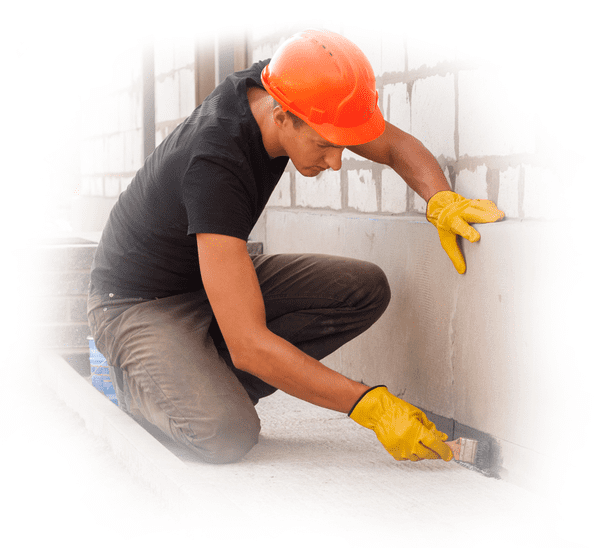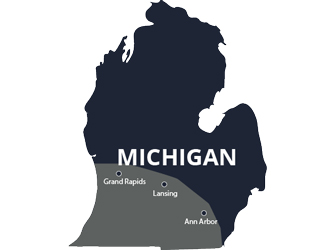A flooded basement is obvious, but most people have no idea what to look for in their foundations to recognize when water damage has occurred. It’s not usually on a homeowner’s to-do list to periodically check the foundation and basement or crawl space for changes. But foundations sometimes need to be repaired, and the thought of the time, money and effort involved can scare off some people from getting needed repairs. Here are some myths about foundation repair.
Getting Kicked Out of the House
Unless the foundation is so bad that it needs to be completely replaced, you’re not going to be homeless while repairs are made. Some repairs take as little as a few hours, while others can take days. But you won’t need to live out of a hotel. Many foundation repairs are done with the homeowners occupying the house.
Selling Your Firstborn to Pay for Repairs
There are some very affordable repair and waterproofing options for homeowners. For example, if the concrete floor needs to be level, it doesn’t mean the entire floor has to be taken up and replaced. Slabjacking offers an economically feasible option for leveling the floor. Slabjacking involves injecting expandable foam via small drilled holes in the foundation. The foam fills in any air pockets and stabilizes shifting soil.
DIY Will Save Money
Yes, you could DIY, but the chances of the repair being as long-lasting as a professional repair is slim to none. You also won’t know what to do to prevent the same damage from occurring a second time, and you could even make the damage worse. A foundation expert has the right tools for the job; the patching and filling materials you might find in a home improvement store just aren’t the highest quality available.
Never try to remove mold yourself. Mold easily spreads and sticks to everything — including you. Mold removal requires special gear to prevent it from contacting your skin or being inhaled. It also spores in places that are not out in the open, and an expert will know where to look. Make sure whoever you hire to remove mold is certified in mold remediation.
It’s OK to Hire a General Contractor
A general contractor is just that — general. The foundation is the base of your home, if it is not structurally sound, it can affect the rest of your home. For example, a shifting foundation can result in cracked windows, sagging first floors, long cracks in ceilings, and stuck doors. If you have a chimney, that, too, could shift and start leaning. If your home isn’t level and you can eyeball a straight line, hanging pictures that will not line up with the molding will bug you.
Hire a company that specializes in foundations and basements. They will do the job right the first time and help you figure out the next steps to take to waterproof your home and prevent future problems.
Repairs Can Wait
Some repairs can wait — but they shouldn’t. If you have the financial means, get your foundation repaired at the first sign of water infiltration. Some signs are hairline or wider cracks in the foundation walls, water spots on the wall and floor, crumbling concrete, and mold. Your home likely isn’t in any danger of falling into a sinkhole, but water damage does wear away at the foundation over time, so as soon as you spot a change in the foundation, call a specialist.
Acculevel has specialized in basements, foundations and crawl spaces since 1996. From filling cracks and leveling the floor to installing drainage systems, we know how to repair water damage and prevent it from happening again. Serving the Midwest, Acculevel is a family-owned business. Our staff has all the experience and expertise needed to address any concerns. For a free in-home estimate, contact us at (866) 669-3349 or [email protected].



















